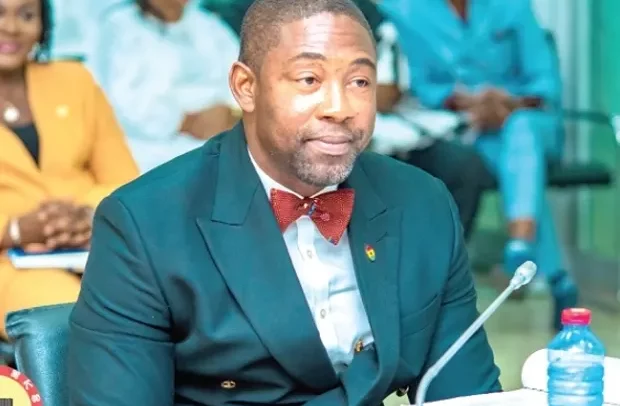Dr. Bernard Oko Boye
The Ministry of Health has vehemently refuted claims of disbursing a staggering $34.9 million to Ghana Auto Group Limited for ambulance spare parts, addressing allegations of a procurement deal under scrutiny for potential financial impropriety.
Initiated by the Member of Parliament for North Tongu, Samuel Okudzeto Ablakwa, the accusations implicated former figures including ex-Finance Minister Ken Ofori-Atta and erstwhile Health Minister Kwaku Agyeman-Manu in colluding with the private enterprise to siphon funds from the national coffers through an ostensibly inflated procurement arrangement.
In response to these serious contentions, the Ministry of Health issued a resolute statement on Thursday, July 25, categorically rejecting the veracity of the alleged payment to Ghana Auto Group Limited.
The ministry clarified, “The Service Provider, Ghana Auto Group Limited, has not been paid an amount of $34.9 million as widely reported.”
Moreover, the Ministry of Health underscored its commitment to transparency and accountability, assuring the public that all relevant documentation pertaining to this contentious transaction is accessible within the public domain. Emphasizing a proactive stance towards dispelling any ambiguity surrounding the issue, the ministry affirmed its readiness to cooperate with any investigative undertakings aimed at elucidating the matter for the sake of public clarity.
Underscoring its dedication to upholding integrity in the management of national resources, the Ministry of Health reaffirmed its resolve to implement a sustainable maintenance regime for all fleets procured to bolster the operations of the National Ambulance Service. With an unwavering focus on ensuring the provision of dependable, efficient, and secure emergency medical services, the ministry reiterated its commitment to fostering a robust infrastructure for the upkeep and functionality of essential healthcare assets.
Amid escalating concerns raised by the contentious allegations, the Ministry of Health’s unequivocal denial coupled with its pledge for collaborative oversight mechanisms seeks to assuage anxieties and uphold the principles of probity and responsibility in national governance initiatives.
By Vincent Kubi


